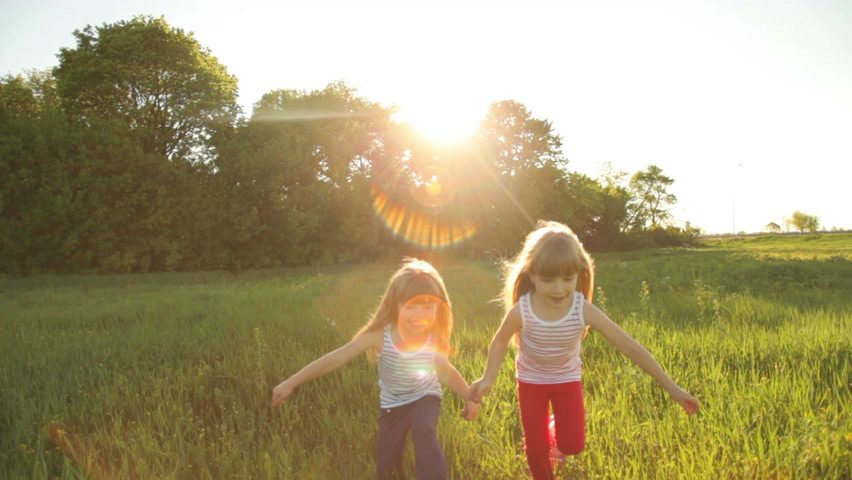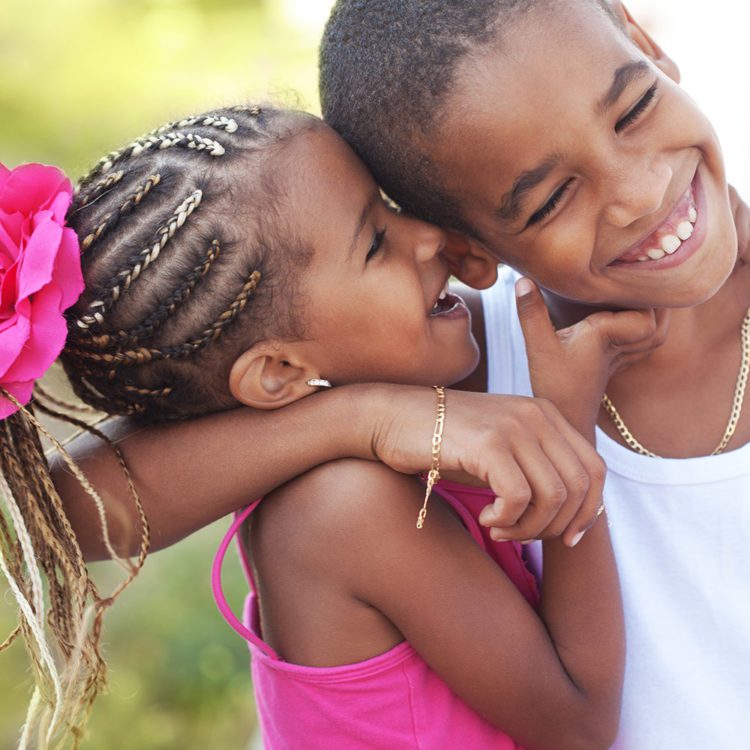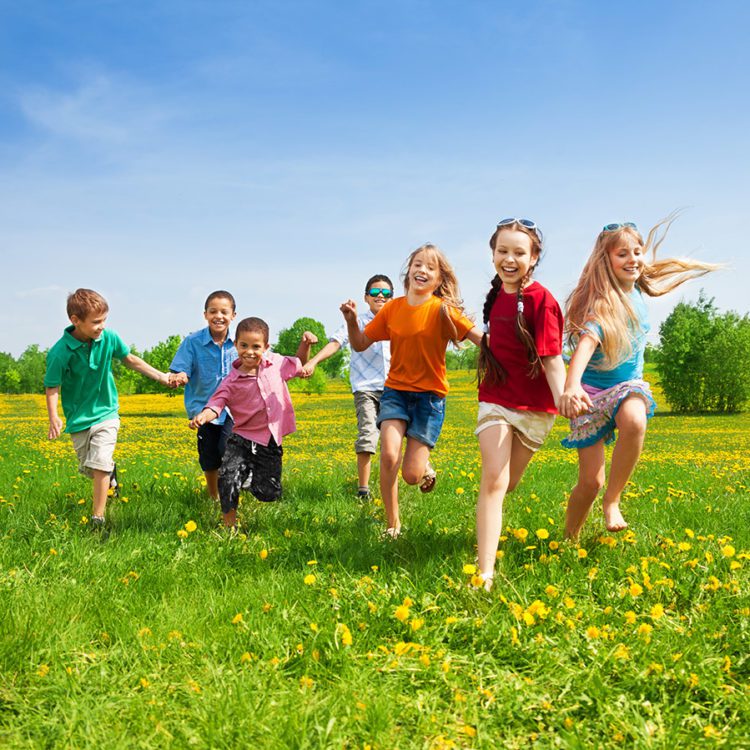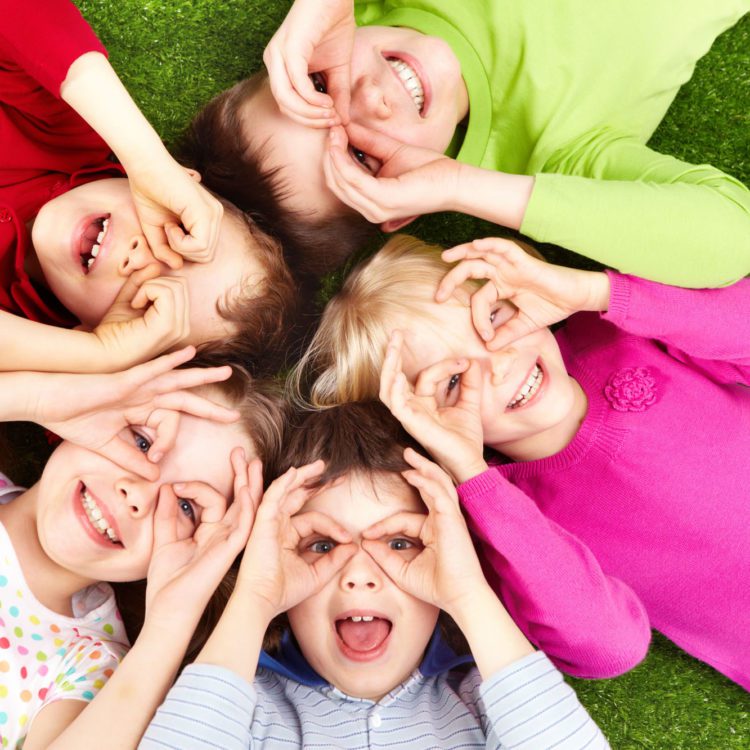OVERVIEW
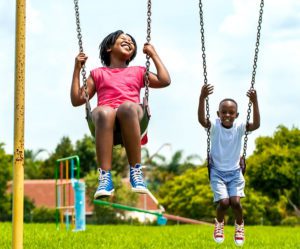 Preschool children learn through play (Hirsh-Pasek & Golinkoff, 2011; Weisberg et al., 2016; Weisberg et al., 2015). The cognitive behavioral science literature has proven the value of play along with evidence linking play to positive outcomes for children in areas such as social-emotional, cognitive, academic, and social-emotional development (Golinkoff et al., 2013; Schlesinger et al., 2020). In spite of this, parents, educators and policy makers worry that playtime takes children away from precious academic activities. In the last two decades children have lost 8 hours of free play-time per week. Research in our laboratory is trying to better understand the link between play and learning by looking not only at free play, but also at guided play (Weisberg et al., 2013; Toub et al., 2016). Our work in this area suggests that children need more time both for free play and for guided play and that guided play might offer a promising new pedagogy that helps children thrive academically. Our books Einstein Never Used Flashcards (Rodale, 2004) and A Mandate for Playful Learning in Preschool (Oxford, 2008) make this case as do several articles showing the promise of spatial and math play (Fisher et al., 2012), playing learning in reading (Weisberg et al., 2015) and playful learning through the arts (Reed et al., 2012).
Preschool children learn through play (Hirsh-Pasek & Golinkoff, 2011; Weisberg et al., 2016; Weisberg et al., 2015). The cognitive behavioral science literature has proven the value of play along with evidence linking play to positive outcomes for children in areas such as social-emotional, cognitive, academic, and social-emotional development (Golinkoff et al., 2013; Schlesinger et al., 2020). In spite of this, parents, educators and policy makers worry that playtime takes children away from precious academic activities. In the last two decades children have lost 8 hours of free play-time per week. Research in our laboratory is trying to better understand the link between play and learning by looking not only at free play, but also at guided play (Weisberg et al., 2013; Toub et al., 2016). Our work in this area suggests that children need more time both for free play and for guided play and that guided play might offer a promising new pedagogy that helps children thrive academically. Our books Einstein Never Used Flashcards (Rodale, 2004) and A Mandate for Playful Learning in Preschool (Oxford, 2008) make this case as do several articles showing the promise of spatial and math play (Fisher et al., 2012), playing learning in reading (Weisberg et al., 2015) and playful learning through the arts (Reed et al., 2012).
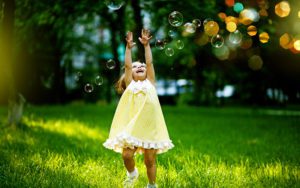 In our new book, “Making Schools Work” (Hirsh-Pasek et al., 2022), we present evidence from the learning sciences on how and what students need to learn with classroom practice (pre-K–12). Written along with classroom teachers, administrators, parents, and learning scientists, we show readers how to co-construct and reimagine an optimal educational system. Making Schools Work offers three case studies of schools, including a statewide system, that are all realizing a 6 Cs approach to learning focused on collaboration, communication, content, critical thinking, creative innovation, and confidence. (The Book Launch Event took place on November 9, 2022 and can be watched HERE…)
In our new book, “Making Schools Work” (Hirsh-Pasek et al., 2022), we present evidence from the learning sciences on how and what students need to learn with classroom practice (pre-K–12). Written along with classroom teachers, administrators, parents, and learning scientists, we show readers how to co-construct and reimagine an optimal educational system. Making Schools Work offers three case studies of schools, including a statewide system, that are all realizing a 6 Cs approach to learning focused on collaboration, communication, content, critical thinking, creative innovation, and confidence. (The Book Launch Event took place on November 9, 2022 and can be watched HERE…)
Our work on playful learning continues through our Harvard University Frontiers of Innovation Working Group and in our work on the Steering Committee for the Network on Learning through Play sponsored by the LEGO Foundation.
In May 2023, we received a $19.98 million grant from the LEGO Foundation in support of our work on playful learning.
"Making schools work: Bringing the science of learning to joyful classroom practice"
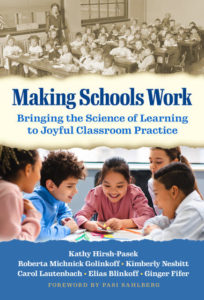
In our new book, “Making Schools Work” (Hirsh-Pasek et al., 2022), we present evidence from the learning sciences on how and what students need to learn with classroom practice (pre-K–12). Written along with classroom teachers, administrators, parents, and learning scientists, we show readers how to co-construct and reimagine an optimal educational system. Making Schools Work offers three case studies of schools, including a statewide system, that are all realizing a 6 Cs approach to learning focused on collaboration, communication, content, critical thinking, creative innovation, and confidence.
The Book Launch Event took place on November 9, 2022 and can be watched HERE…
"Why we learn best through play" - Speaking of Psychology, APA Podcast, December 13, 2023
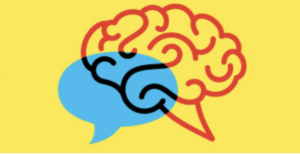 In Episode 266 of the APA Podcast, “Speaking of Psychology,” Kathy talks about why kids need playtime, what playful learning looks like in a classroom, how technology is changing children’s play, why adults need recess too, and what parents can do to encourage more play in their kids’ lives.
In Episode 266 of the APA Podcast, “Speaking of Psychology,” Kathy talks about why kids need playtime, what playful learning looks like in a classroom, how technology is changing children’s play, why adults need recess too, and what parents can do to encourage more play in their kids’ lives.
You can listen to this podcast HERE….
"A new path to education reform: Playful learning promotes 21st-century skills in schools and beyond"
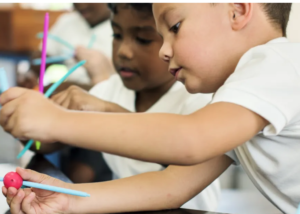 In our Brookings Institute Big Ideas Policy Report, “A new path to education reform: Playful learning promotes 21st-century skills in schools and beyond” (2020), we offer an evidence-based approach to education inspired by research from the science of learning addressing how children learn and what children need to learn to be successful in the 21st century. Critically, the implementation of this framework must be flexible and culturally-relevant, while maintaining core principles that foster educational equity for all students.
In our Brookings Institute Big Ideas Policy Report, “A new path to education reform: Playful learning promotes 21st-century skills in schools and beyond” (2020), we offer an evidence-based approach to education inspired by research from the science of learning addressing how children learn and what children need to learn to be successful in the 21st century. Critically, the implementation of this framework must be flexible and culturally-relevant, while maintaining core principles that foster educational equity for all students.
The Active Playful Learning Study

With the support of the LEGO Foundation, we are bringing an evidence based and integrated whole child approach of playful learning to elementary classrooms in a select number of states that better prepares our children for their dynamic futures. Our goal is to not only help teachers, schools, and districts provide evidence-based guided play experiences, but to contribute to a systematic change in mindset about the value of and commitment to providing their children the opportunities to learn and grow through active, meaningful, socially interactive, iterative, and joyful experiences.
LEARN MORE HERE…
CREATIVITY
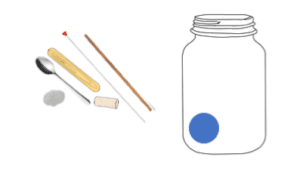 What does it mean for a child to be creative, and how can we best foster creativity in children?
What does it mean for a child to be creative, and how can we best foster creativity in children?
Our recent work aims to answer these questions by surveying the childhood creativity literature and testing a new measure to assess creativity in preschool children. The creative problem-solving task asks children to figure out how to remove a small ball from a jar using everyday objects such as pipe cleaners, spoons, and chopsticks. This task allows us to analyze the creative processes a child engages in when trying to solve problem. Using this measure, we have found that some children spend a lot of time exploring the properties of objects and try to understand how the objects can be adapted or combined together in ways that help remove that ball – those children tend to be more successful at getting the ball out than children who spend less time exploring the properties of objects.
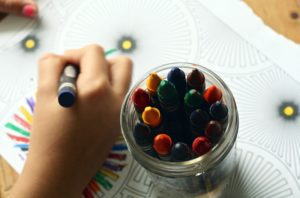 We also investigate how different types of play and exploration behaviors may be more or less conducive to fostering creativity in certain circumstances, and if some children are naturally more creative or if creativity is a malleable set of behavior.
We also investigate how different types of play and exploration behaviors may be more or less conducive to fostering creativity in certain circumstances, and if some children are naturally more creative or if creativity is a malleable set of behavior.
BLOCK STUDY
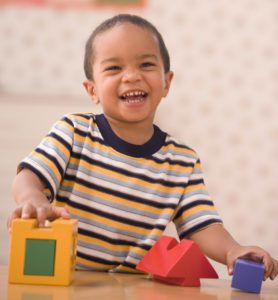 Playing with blocks helps STEM learning
Playing with blocks helps STEM learning
Guided play helps spatial learning: People have speculated that play with construction toys might offer rich language and learning environments that would support later learning in the science, technology, engineering, and mathematics (STEM) disciplines. In one of our first studies, we investigated how the quality of parent-child interaction in play with blocks support early STEM language. With the help of MegaBloks, we brought families into the lab and placed them in one of three groups: the free play group, the guided play group, and the preassembled group. The guided play group was asked to build a heliport; the preassembled group received a preassembled heliport; and the free play group could do whatever they wished with the blocks. In phase 2 of the study, the families were given exactly the same blocks and asked to build a garage. Interestingly, in phase 1, the guided play condition elicited far more spatial language than is apparent in the other two groups. In the follow-up phase, everyone was now in guided play and everyone used rich spatial language (Ferrara et al., 2011).
Guided play and baby geometry: Similar findings emerged when we studied how children learn geometric shapes like squares and circles (Fisher et al., 2013). We even know that children learn more about these shapes using good old-fashioned shape sorters rather than electronic shape sorters (Zosh et al., in press).
Block play and math learning: Our continuing work shows that the spatial learning we develop in block play relates not only to spatial outcomes, but also to early mathematical learning (Verdine et al., 2014; Verdine et al., 2015).
One of our recent studies (Bower et al., 2020) coded 3-year- olds’ (N = 102) block-building behaviors and structural complexity on 3-D trials of the Test of Spatial Assembly (TOSA). It explored whether individual differences in children’s building behaviors and the complexity of their designs related to accuracy in copying the model block structures or their spatial and mathematical skills at ages 4 and 5. Our findings reveal that block-building behaviors were associated with concurrent and later spatial skills while structural complexity was associated with concurrent and later spatial skills as well as concurrent mathematics skills. Future work might teach children to engage in the apparently successful block-building strategies exam- ined in this research to evaluate a potential causal mechanism.
SELECTED PRESENTATIONS
Making schools work: Bringing the science of learning to joyful classroom practice (Book Launch Event)
Creating ideal learning environments through play
“Importance of Play” – June 1, 2021, Dear Highlights Podcast
Play = Learning Talk
“A Prescription for Play”- Recorded at the University of Cambridge, May 15, 2018
RECENT ARTICLES
Jirout, J., Evans, N., Hirsh-Pasek, K. (2024). Curious? The relationship between curiosity andcreativity is not novelty. Peer commentary on “A shared novelty-seeking basis for creativity and curiosity,” by T. Ivancovsky, S. Baror, & M. Bar]. Behavioral and Brain Sciences, 47, e103. doi: https://doi.org/10.1017/S0140525X23003357
Delgado, A., Pesch, A., Golinkoff, R.M. (2024). Playing for knowledge: Unlocking the joy of learning. Elements Ed. 91-99.
Lee, J. Y., Lee, H., Masters, A., Fletcher, K., Suh, D., Golinkoff, R., & Hirsh-Pasek, K. (2023). Bringing playful learning to South Korea: An alternative pedagogical approach to promote children’s learning and success. International Journal of Education Development, 97, 1022710. h https://doi.org/10.1016/j.ijedudev.2022.102710
Gibbs, H., Hadani, H.,Golinkoff, R. M., & Hirsh-Pasek, K. (2022). Playing into the future: A 21st Century model for Education. In F.E. Stiftung (Ed.), Imagining Post -Covid Education Futures. Center for Genocide Studies. University of Dhaka.
Zosh, J. M., Gaudreau, C., Michnick-Golinkoff, R., & Hirsh-Pasek, K. (2022, Summer). The Power of playful learning in the early childhood setting. Young Children, 77(2).
Herbst, E., Cruz, T., Bower, C. A., Hirsh-Pasek, K., & Golinkoff, R. M. (2022). Playing for the future: Spatial thinking belongs in preschools and home environments. In A. L. Betts & K. P. Thai (Eds.), Handbook of research on innovative approaches to early childhood development and school readiness (pp. 416-451). IGI Global.
Evans, N. S*., Todaro., R. D*., Golinkoff, R. M., & Hirsh-Pasek, K. (2022). Getting comfortable with uncertainty: The road to creativity in preschool children. In Beghetto, R., & Jaeger, G. J. (Eds.), Uncertainty: A catalyst for creativity, learning and development. Springer. 10.1007/978-3-030-98729-9 *Joint first authorship
Evans, N., Todaro, R., Schlesinger, M. A., Golinkoff, R. M., & Hirsh-Pasek, K. (2021). Examining the impact of children’s exploration behaviors on creativity. Journal of Experimental Child Psychology, 207.
Gaudreau, C., Bustamante, A., Hirsh-Pasek, K., & Golinkoff, R. M. (2021). Questions in a life-sized board game: Comparing caregivers’ and children’s question-asking across STEM museum exhibits. Mind, Brain & Education.
Hirsh-Pasek, K. Hadani, H., Blinkoff, E., & Golinkoff, R. M. (2020, October 28). A new path to education reform: Playful learning promotes 21st-century skills in schools and beyond. The Brookings Institution: Big Ideas Policy Report.
Schlesinger, M. A., Hassinger-Das, B., Zosh, J. M., Sawyer, J., Evans, N., & Hirsh-Pasek, K. (2020). Cognitive behavioral science behind the value of play: Leveraging everyday experiences to promote play, learning, and positive interactions. Journal of Infant, Child, and Adolescent Psychotherapy, 19(2), 202-216.
Bower, C., Odean, R., Verdine, B. N., Medford, J. R., Marzouk, M., Golinkoff, R. M., & Hirsh-Pasek, K. (2020). Associations of 3-year-olds’ block-building complexity with later spatial and mathematical skills. Journal of Cognition and Development. DOI: 10.1080/15248372.2020.1741363
Bustamante, A. S., Schlesinger, M., Begolli, K., Golinkoff, R. M., Shahidi, N., Zonji, S., Riesen, C., Evans, N., & Hirsh-Pasek, K. (2020). More than Just a Game: Transforming Social Interaction and STEM play with Parkopolis. Developmental Psychology, 56(6), 1041–1056. https://doi.org/10.1037/dev0000923
Hassinger-Das, B. Hassinger-Das, B., Hansen, N., Zosh, J. M., Talarowski, M., Zmich, K., Golinkoff, R. M., & Hirsh-Pasek, K. (2020). Play-and-Learn spaces: Leveraging library spaces to promote play and learning. Library & Information Science Research, 42(1).
Hassinger-Das, B., Hirsh-Pasek, K., & Golinkoff, R. (2020). The balancing act of guided play. NAECY Each and Every Child: Teaching Preschool with an Equity Lens, 33-36.


